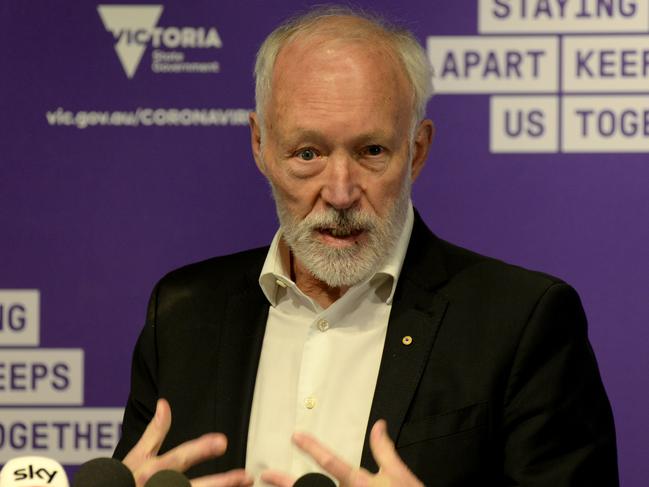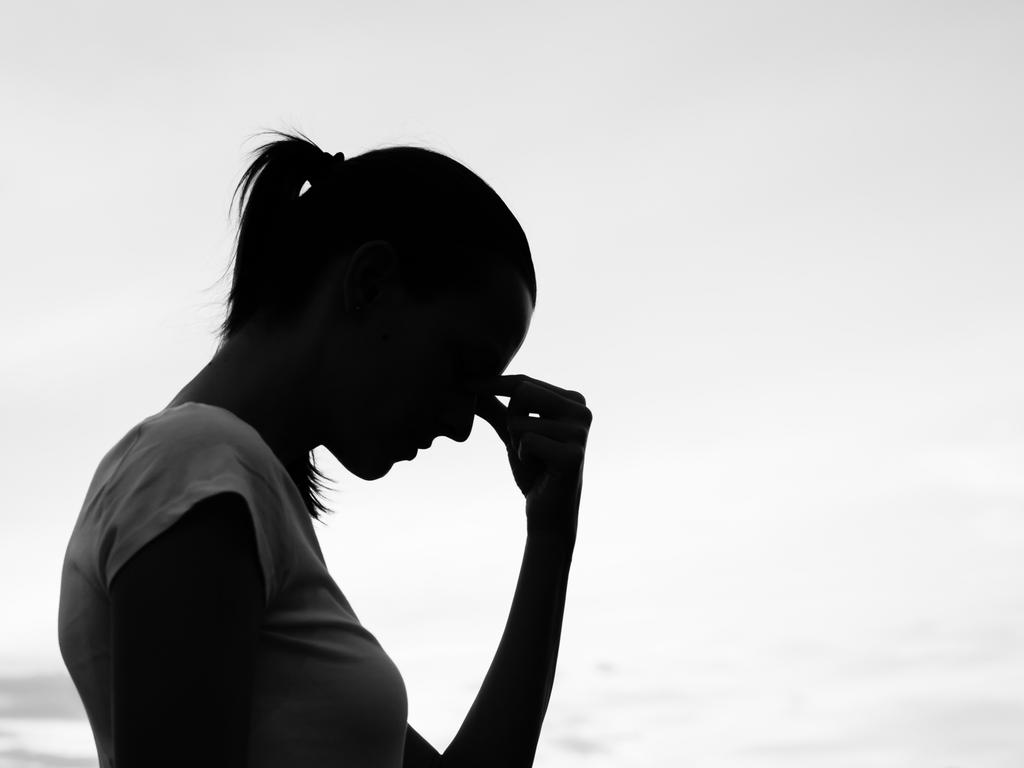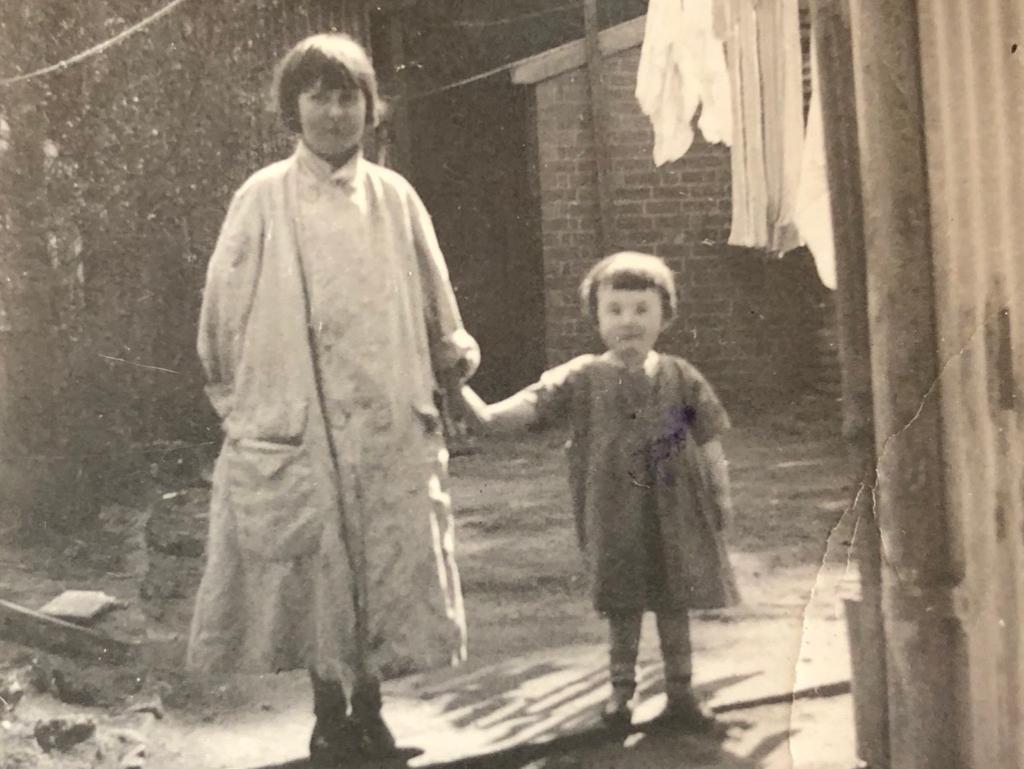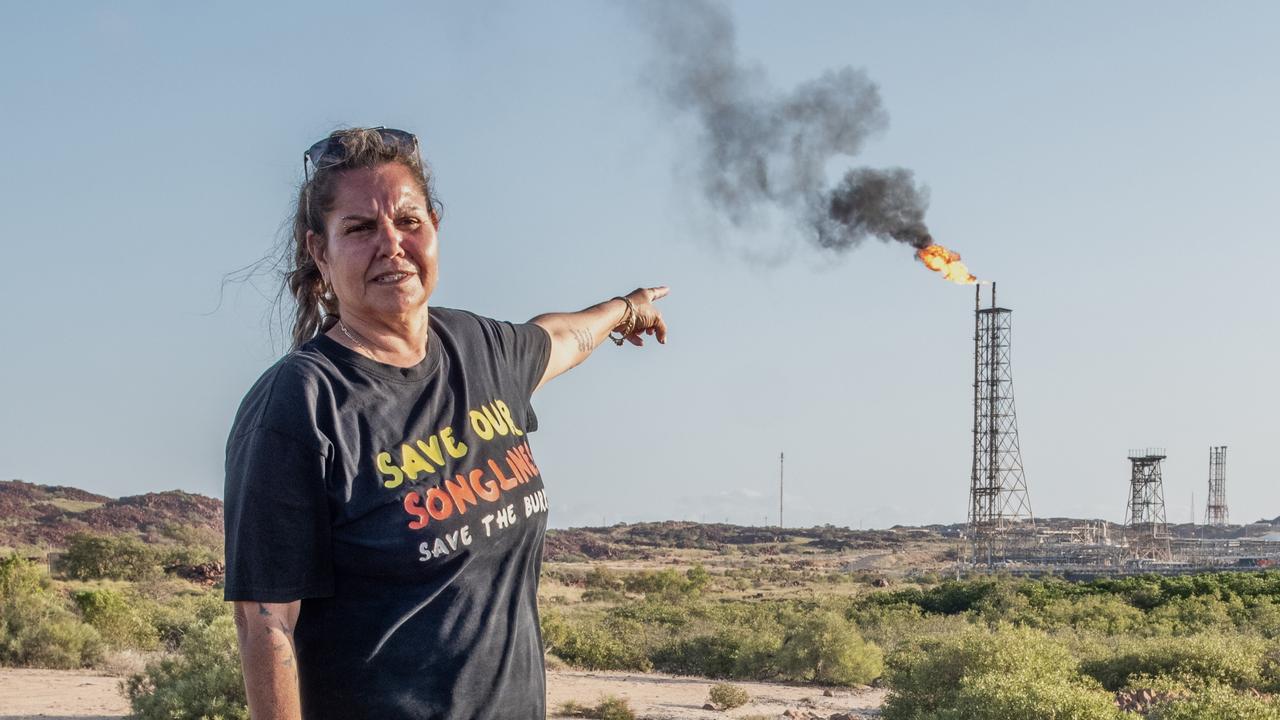Youth mental health crisis a ‘shadow pandemic’
Eight teenage girls have taken their lives in first seven months of the year, sparking alarm from the Coroners Court and doctors.

Eight teenage girls have committed suicide in the first seven months of this year, a marked increase in the number of young women taking their lives in a tragic toll being closely watched by the Victorian Coroners Court.
The alarming rise has been recorded by the court amid a deepening youth mental health crisis that expert professor Patrick McGorry has described as a “shadow pandemic”.
New court data reveals eight girls committed suicide to July 31, up from just one in the first seven months of last year. In the same period in 2019, Coroner’s Court statistics show three teenage girls took their own lives while the number was four in 2018 and three in 2017.
The eight deaths in seven months among teenage girls already exceeds annual suicide numbers in this cohort for three of the past four years. Five teenage girls took their lives in both 2017 and 2018, with eight in 2019 and two in 2020.
“The court has noted a potentially higher than expected number of suspected suicides among women under 18 this year,” a court spokeswoman told The Australian.
“While it is too early to determine whether this represents a trend, the court is continuing to monitor closely.”

The court revealed three girls took their lives in January, one in March, one in May, two in June and one in July.
The rise in suicides comes as the state is gripped by a teen mental health crisis that experts are linking to Covid-19 and lockdowns.
Teenage girls are among the hardest hit with increasing eating disorders, self-harm and suicidal thoughts or actions during the 18-month pandemic.
Professor McGorry, who heads youth mental health service Orygen, said problems suffered by young Victorians had grown worse and health services were overwhelmed.
“The system is drowning or crumbling,” he said. “This is the shadow pandemic. And every lockdown makes it even worse.
“It’s not that the government hasn’t recognised the problem, it’s that they don’t have the same sense of urgency – federal or state – about addressing it like they do with Covid.”
Professor McGorry described this year’s eight suicides as a “real phenomenon” and said they needed to be considered in the broader context of the pandemic and lockdowns.
“There is an increase in deaths and that is occurring from a rising base of suicidal behaviour particularly among young women,” he said. “There has been a very substantial surge, 20 to 30 per cent of deliberate self-harm and suicidal behaviour … that is occurring in particularly young women and that is what is flooding into emergency departments.
“The coroner is cautious about over-reacting. You have to put (the number of suicides) in context of the rising tide of suicidal behaviour amongst young women.”
Girls have been hit during the pandemic as they battle eating disorders.
There was a sharp increase in new eating disorder cases early this year, from a weekly average of 654 in 2020 to 878 this year, a 34 per cent jump.
The number of teenagers rushed to hospital after self-harming and suicidal thoughts spiked 51 per cent, rising from a weekly average of 98 in 2020 to 148 this year.
The most serious cases, where teenagers have needed resuscitation and emergency care, jumped 44.9 per cent, with the 2020 weekly average of 19.8 rising to 28.7 this year.
Victorian Liberal Democrats MP David Limbrick said he was concerned the Andrews government did not understand how lockdowns affected the mental health of young people.
“They have been saying they have been spending huge amounts of money on mental health, and yet children who need help can’t get access to it,” he said. “The mental and physical health effects of lockdowns on children are catastrophic.
“ They are becoming socially isolated.”
Mr Limbrick said schools should be immediately opened, and in the long term the government should set a date when all pandemic restrictions end after people had the ability to access vaccines.

The Victorian government acknowledged the emotional toll of lockdowns.
“We know how tough repeated lockdowns are on all Victorians, and that the emotional, social and financial toll of the pandemic is profound for so many people – but we just can’t risk the devastation of an uncontrolled outbreak of the Delta variant spreading rapidly across the state,” a spokeswoman said.
The government said it had invested more than $225m to help boost mental health services during the pandemic, and also referred to its $3.8bn delivered in this year’s state budget to implement the findings of the mental health royal commission.
A spokeswoman for youth mental health organisation Headspace said their national online and phone counselling service noted a spike in demand “associated with strict lockdown periods both in Victoria and in other states experiencing heavier restrictions, such as Greater Sydney and NSW”.
The government did not respond to questions about the eight suicides, pointing to broader court data that showed overall suicide numbers in 2020 were in line with those in 2019.
A senior child psychiatrist said the rise in teenage girls committing suicide reflected health department data confirming a mental health crisis.
“There has been a sustained increase in referrals and presentations of young people with self-harm and severe emotional distress,” the expert said.
“The data shows this demand has persisted independent of whether the state has been in lockdown or not.
“One might hope there could be as much attention paid by the press and the government to suicides, and the monthly reports on children’s mental health presentations as there is on Covid cases and hospitalisations each day.
“ But we in the field are no longer holding our breath.
“The continuing injury, fear and despair will continue to take their toll, long after the active trauma of restrictions ever ends.”
Lifeline: 13 11 14
Beyond Blue: 1300 224 636
Kids Helpline: 1800 551 800






To join the conversation, please log in. Don't have an account? Register
Join the conversation, you are commenting as Logout